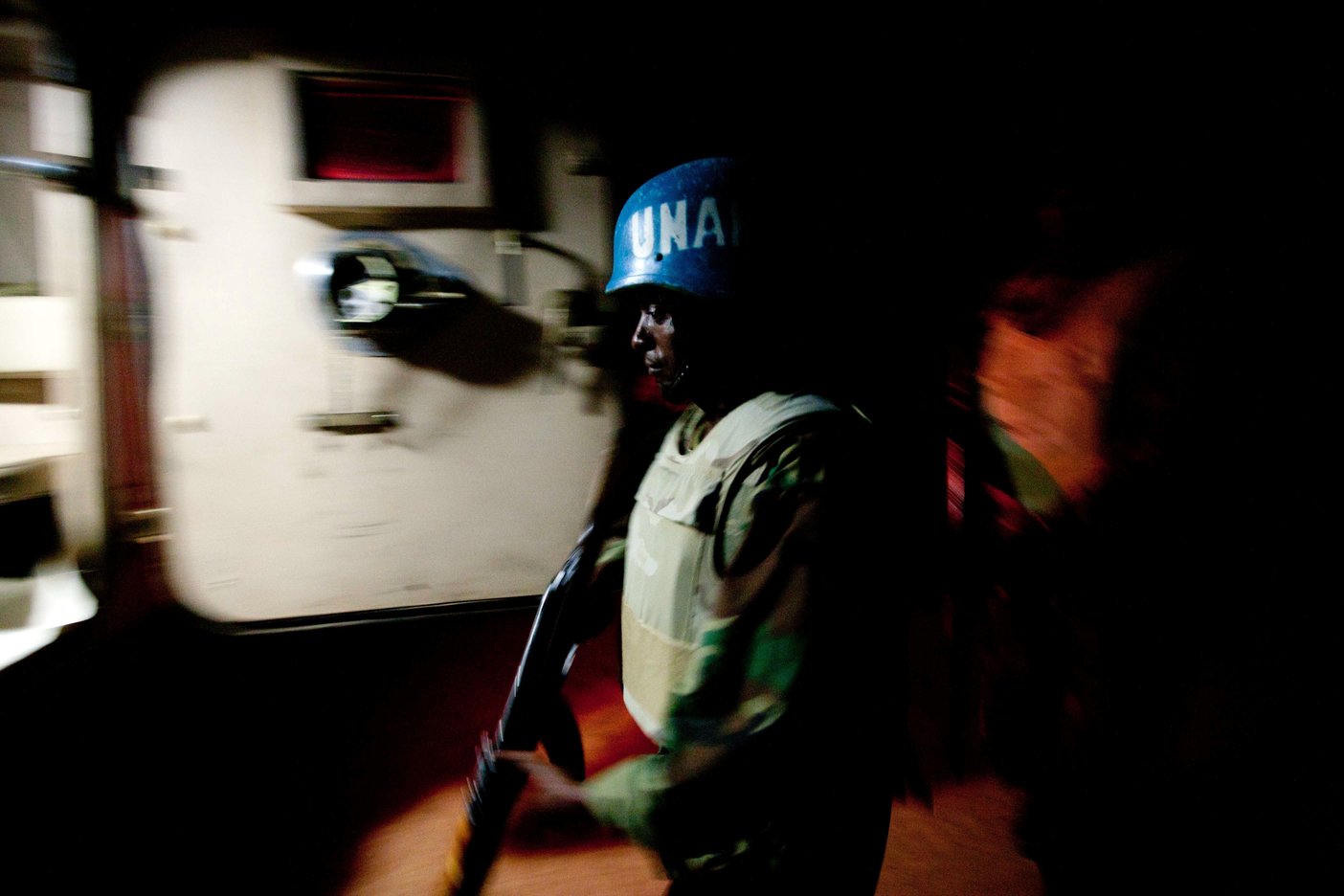Paraguay faces a major challenge in their quarter final match against Spain. Not only are they playing a formidable opponent considered a title contender, they will also have to deal with recovery related issues within their squad following an exhaustive marathon against Japan when they played for ninety minutes and two halves of extra time. The 96 hours they had between the match against Japan and the quarter final dual against Spain this Saturday should have been critical for a complete recovery.
Over the last 20 years the field of exercise physiology has made significant progress and has been able to generate significant research relevant to sports performance. In many instances some football coaches, when compared to their counterparts in other sports such as track and field, cycling and American football have not been at the forefront in making use of the cutting edge research from exercise physiology to aide performance.
However, it would be difficult to find a team in the English Premiere League, the showcase of international football that does not have an exercise physiologist on staff. In fact, one would be hard-pressed to find a top professional team in Europe without the services of a professional exercise physiologist in its nucleus.
Exercise physiologists have a vital role at the center of a football team in monitoring and increasing the physiological capacity or fitness levels of the players through various methods. One of the most important secrets and weapons at the disposal of the exercise physiologist is the knowledge to accelerate the recovery process of players in between matches. In a competition such as the World Cup matches are played back- to- back and the ability to recover from one match to the other becomes paramount for survival and success within the competition.
With such a lack of emphasis given to the field of exercise physiology by many teams in this World Cup, it would not be surprising to see many squads that play overtime having recovery related problems.
Many teams such as Holland and Germany, known for high fitness levels, give great importance to the field of exercise physiology and rely heavily on the latest research coming out of this discipline to aide physical performance. Holland covers and pressurizes space throughout the ninety minutes of play.
The crux of the problem in competitions such as the World Cup is their back-to-back matches. Such extreme schedule presents a clear problem for teams that have an inability to recover within those quick turnarounds. Several techniques employed by the exercise physiologist to speed and shorten the recovery process of players become even more critical in such competitions. Any team not giving attention to these techniques is going into the field of battle with low caliber weaponry. A team playing only a single match, where recovery may not be an issue, might get away with not having some of these techniques in place if they possess overwhelming talent. However, this is not the case in a competition where several matches are played with little rest time between them.
It has been well established that the 50 minutes following exhaustive match play is crucial for the recovery process. A small window of opportunity exists where cells within the skeletal muscle are more susceptible and prone to receiving vital nutrients that replenish glycogen reserves, the fuel stored in muscles. This fuel is the equivalent of gasoline in the tank of a car and provides vital energy for muscle contraction.
Glycogen levels can be further augmented and returned to normal pre-match levels within the 36 hours that follow exhaustive exercise if players follow a proper dietary regimen, take the proper supplements (ergogenic aides) and receive adequate rest. A parallel can be drawn between the way glycogen levels function in human muscle cells and gasoline in the tank of a vehicle. Glycogen is the gasoline fueling the motor of an athlete; it aids in the recovery process and provides the energy for muscles to work. You can have a Ferrari in the garage of your house but it is useless as a source of transportation if it lacks the proper fuel. You can have eleven Peles in the field but they will also be rendered useless if they have low glycogen reserves in there muscle cells.
The recovery process of the Paraguayan National Team could potentially be impaired in their match against Spain. They may have not been able to have recovered fully from their last exhaustive match against Japan. I guess we will have to wait and see, following this decisive dual for a place in the semi finals, if Paraguay had an exercise physiologist on staff or not!
Ricardo Guerra is an Exercise Physiologist and Strength and Conditioning Coach. He has a Masters of Science in Sports Physiology from the Liverpool John Moores University. He has worked with several clubs and teams in the Middle East and Europe, including the Egyptian and Qatari national teams.

